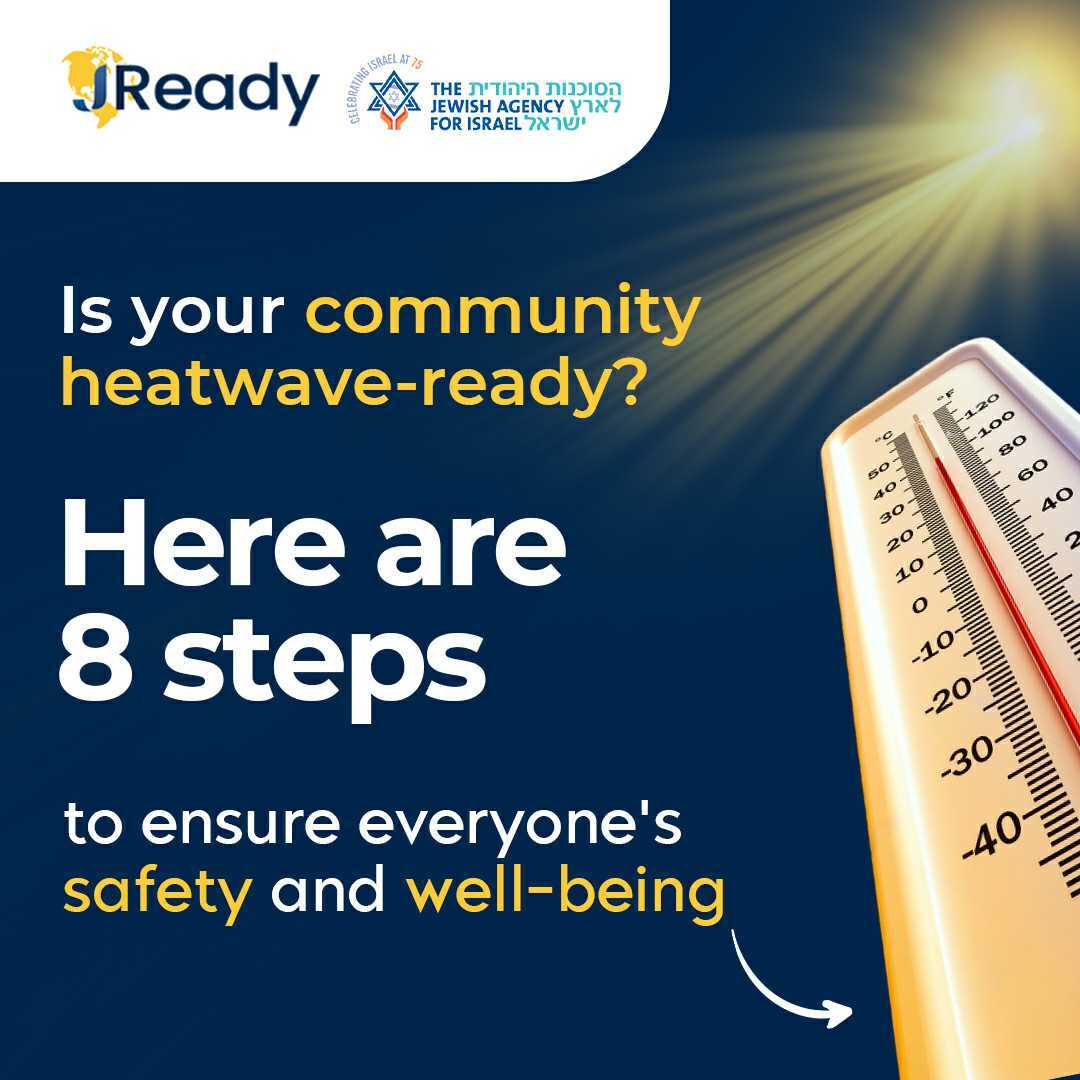Community Resilience
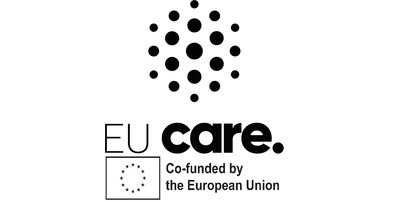
EU CARE
Europe

EU CARE
Learn how to identify suspicious activity and danger and how to react in dangerous situations.
EUCARE Fearless Together. www.eu-care.net https://learn.eu-care.net/
EUCARE: The Community Awareness Resilience Education (C.A.R.E.) for Europe project (EUCARE) is co-funded by the European Union through the Internal Security Fund.
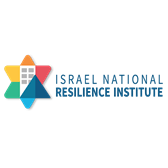
Dr. Neri Horowitz
Israeli National Resilience Institute
Israel
This translated literature review provides a comprehensive and up-to-date review of the available literature on resilience-related publications from around the world. Graciously shared by our partners from the Israeli National Resilience Institute.
Hebrew
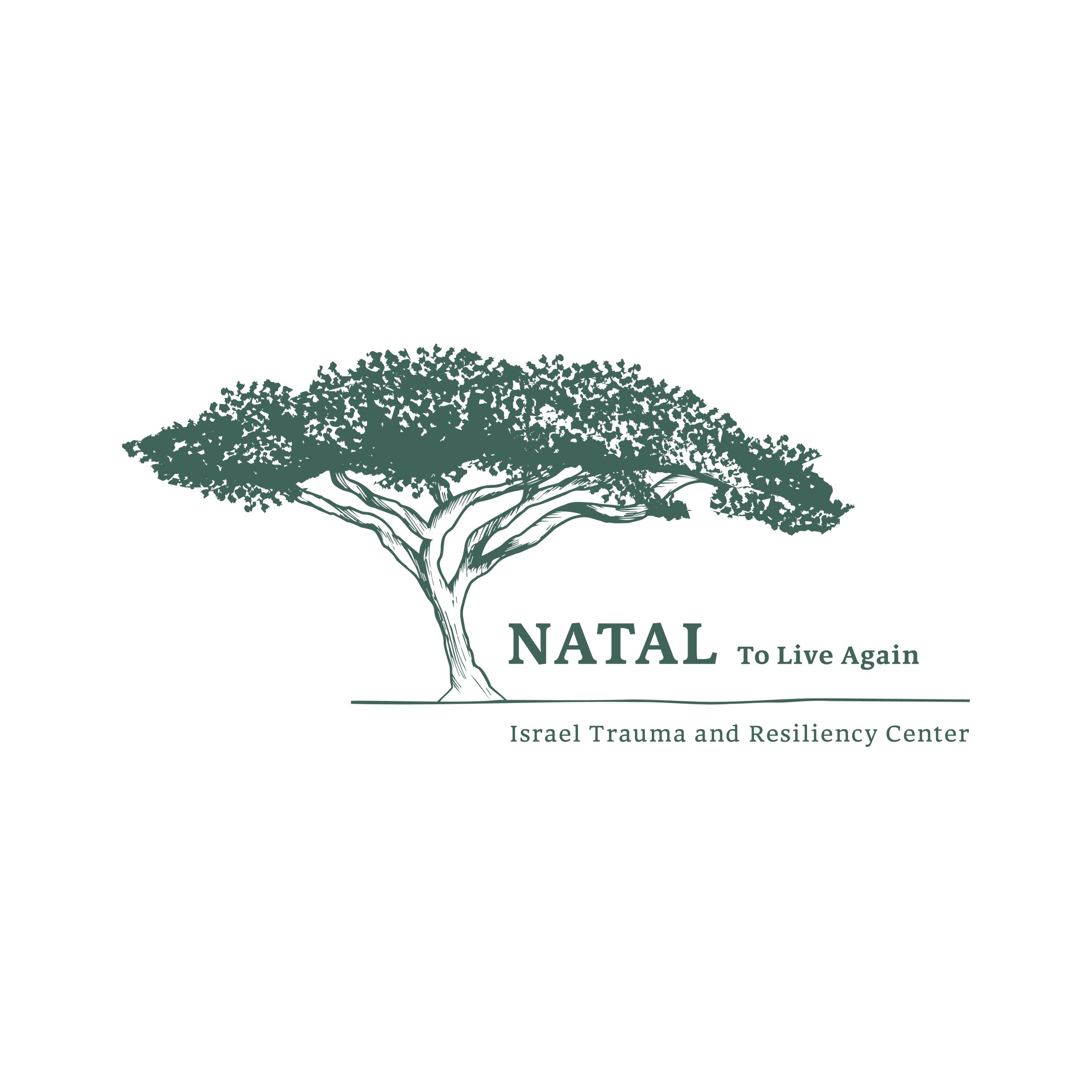
Natal
Israel
Especially for times of war, when in Israel and Jewish communities around the world the ongoing threats bring high levels of stress with them, Natal offers plenty of resources to cope with the stress buildup and help in relaxation.
The documents included in this Best Practice:
- How to Calm Children, and Adolescents during Times of Stress
- The Animal Superpower Game
- Self-soothing in 8 steps
- Family Relaxation Exercise

Israeli National Resilience Institute
Israel
Local Community Emergency Teams (CETs) work closely with rescue forces. During interventions, these teams are exposed, in real time, to the difficult sights and situations that individual victims, families, and communities are experiencing. CETs serve with a high level of dedication, social responsibility, and humanitarianism.
These helpers are vulnerable to situations outside their control and are at risk for various types of danger. The impacts range across a spectrum from secondary traumatic stress syndrome (the costs they pay), to posttraumatic growth (the “benefits”).
The scientific literature we reviewed emphasized the need to appoint a team member to support the rescue workers in the field through prompt, preventive interventions. It is important for a designated person to provide responses to the teams’ needs, and strive to reduce risks, burnout, and secondary traumatization among the helpers.
In light of this need, the Ministry of Social Affairs has decided to add a new position to the Community Emergency Teams: a CET supporter.
Hebrew

Smadar Spearman
Israel
Providing emotional support via the telephone during emergency situations has become a well-known and accepted method for helping people. In the past, the telephone was seen as an alienating means of communication. Today, however, most people are intimately attached to their smartphones (which are actually mobile personal computers) and can use them to access many services. Asking for assistance via telephone has become legitimate, and is even more common than face-to-face meetings.
This widespread use of mobile phones can be seen as representing the physical and psychological distance between people in the reality of the twenty-first century. At the same time, mobile phones can bring people together during emergencies and in their aftermath, when security and stability have been severely undermined. Phones can also be used to provide assistance to people who were not directly harmed, and facilitate their efforts to restore a sense of equilibrium. Research has proven that using phones to help people in need is effective, simple, and economical in terms of time and emotional energy.
Israeli citizens have used the Ministry of Welfare’s Open Line service frequently, and it has received positive feedback. In the meantime, the threats of war and terrorism continue. This has led to the conclusion that the Open Line should become an official and professionalized service.
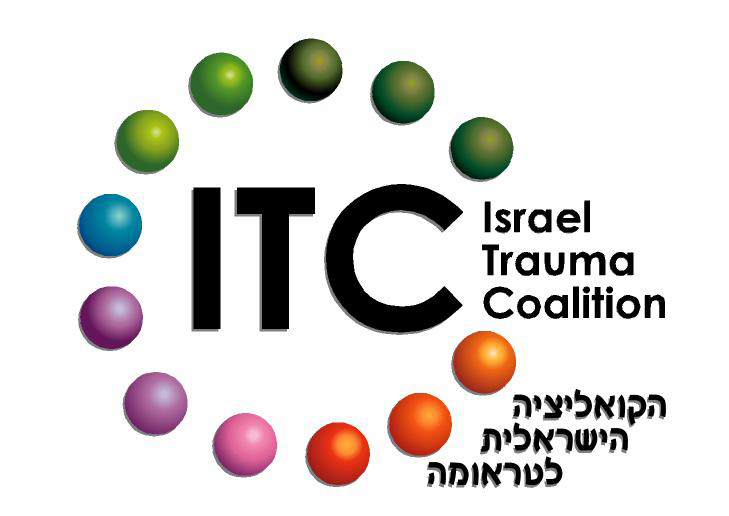
Israel Trauma Coalition
Israel
The Israel Trauma Coalition and Israeli writer Hadassah Field have written and translated a book for Ukrainian children. It has additional recommendations for parents on how best to convey to children the main messages embedded in this story.
English version: https://www.flipsnack.com/EF6DED88B7A/piece-of-home.html
Ukrainian version: https://www.flipsnack.com/EF6DED88B7A/-.html
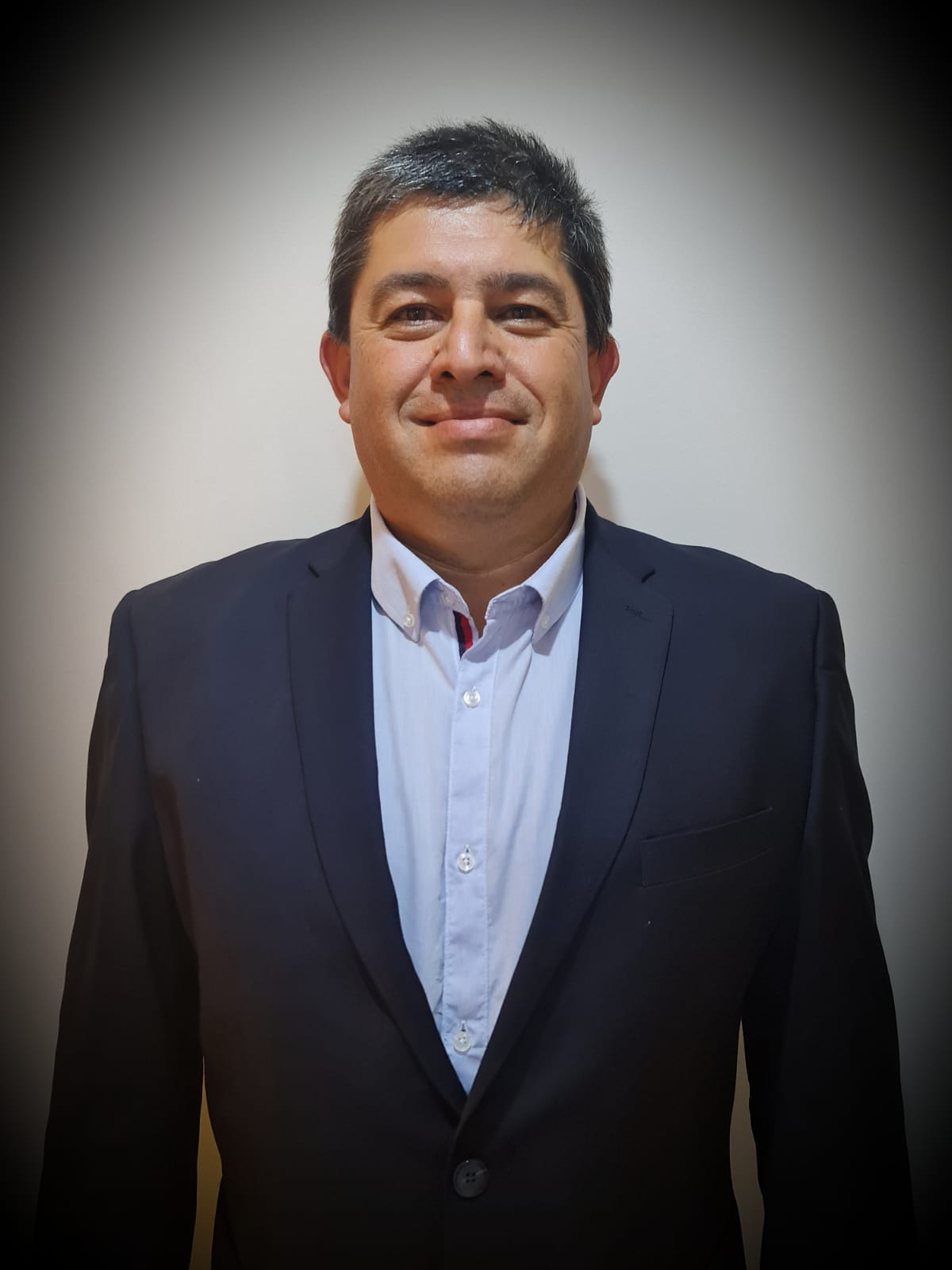
Oleg Livshitz
Israel
This comprehensive Community Logistic Preparedness presentation was built by Oleg Livshitz, a JReady intern and an expert in the field of crisis logistics and preparedness, with vast experience in logistics management. Oleg is the Founder & CEO of OL Maagan Consulting LTD and a Lieutenant colonel (res.) in the medical department of the IDF Home Front Command.
We highly recommend using this presentation along with OIeg’s guidance. Reach him through this email- oleg@olmaagan.com
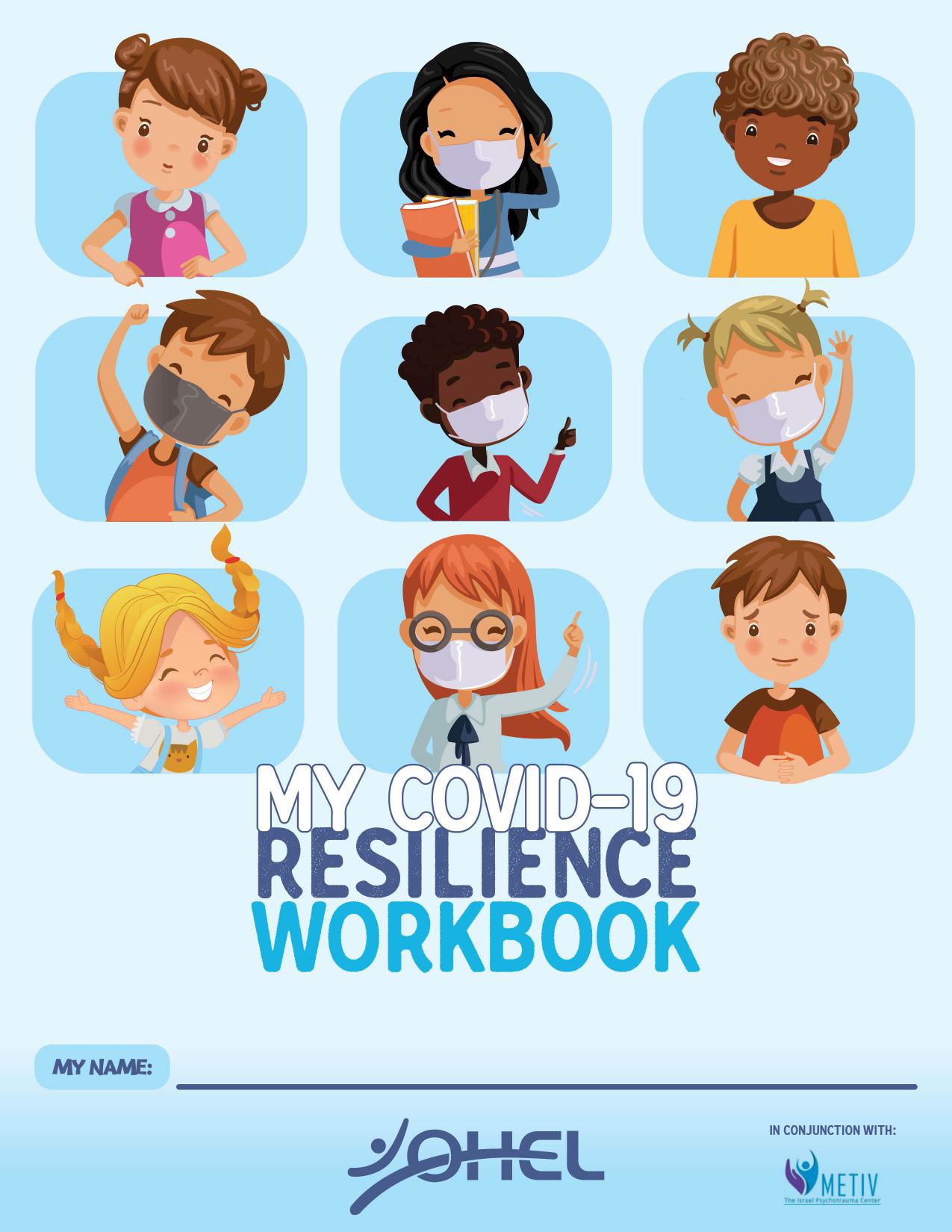
Ohel Children's Home and Family Services
Ohel Children’s Home and Family Services “My COVID-19 Resilience Workbook” is a fun workbook for children ages 5-10, designed to promote emotional well-being and resilience.
Download the PDF workbooks from Ohel’s website: https://www.ohelfamily.org/resources
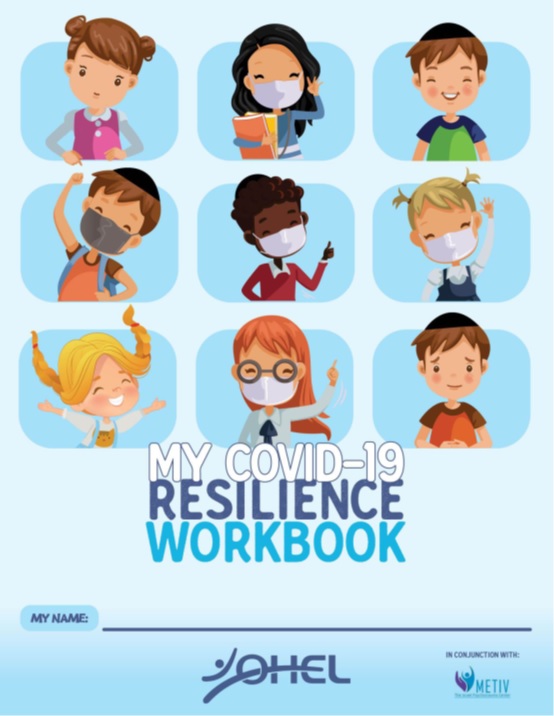
Ohel Children's Home and Family Services
Ohel Children’s Home and Family Services “My COVID-19 Resilience Workbook” is a fun workbook for children ages 5-10, designed to promote emotional well-being and resilience.
Download the PDF workbooks from Ohel’s website: https://www.ohelfamily.org/resources
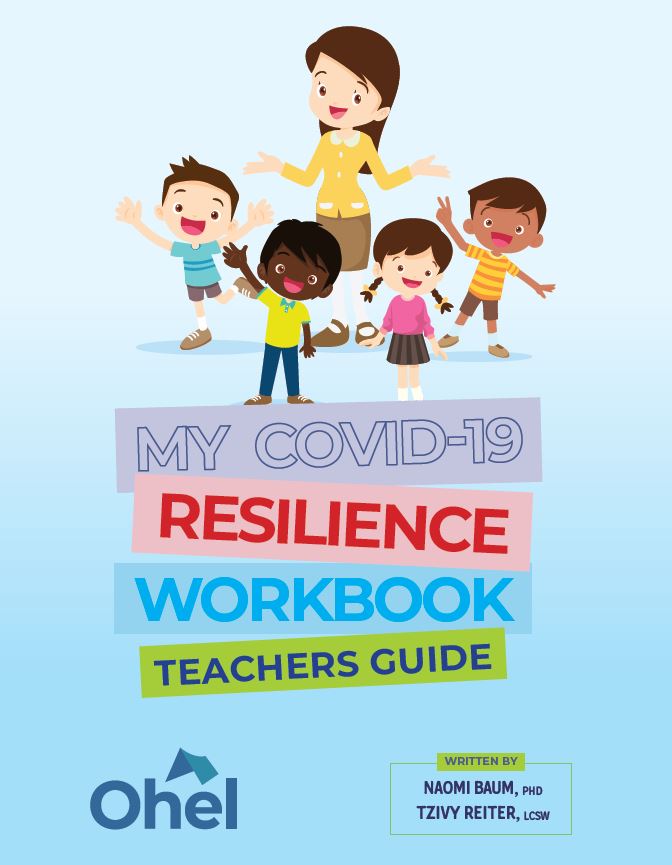
Ohel Children's Home and Family Services
Ohel Children’s Home and Family Services “My COVID-19 Resilience Workbook – Teachers Guide”, is a guide for teachers to implement the My COVID-19 Resilience Workbook in class.
Download the PDF workbooks from Ohel’s website: https://www.ohelfamily.org/resources
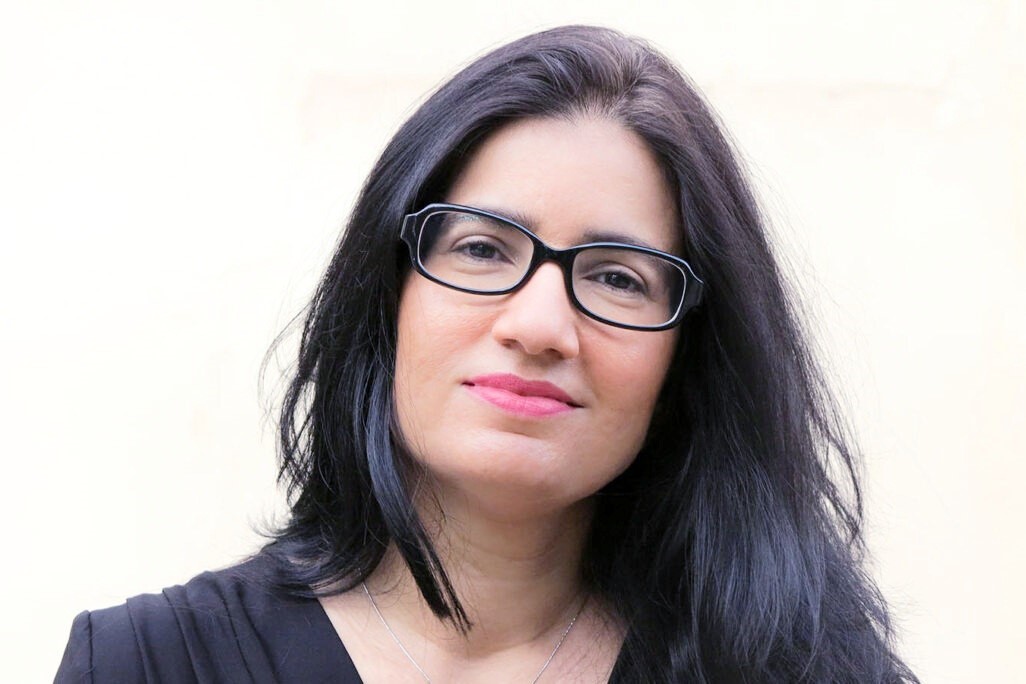
Dr. Shiri Daniels
Executive Director of Counseling Eran; Member of JReady's professional committee
Israel
Crisis and disaster events can evoke overwhelming emotions: anxiety, anger, uncertainty, helplessness, and a sense of threat to our basic safety and security. In addition, for some the events may provoke earlier traumatic memories from a similar situation and/or intensify preexisting emotional difficulties. Crisis events undermine the sense that we have control over our lives, harm social resilience, and raise levels of anxiety and emotional distress among all of us: children, youth, and adults alike. At times, the emotional overload can paralyze us, leading us to close ourselves off and avoid contact with others. However, talking about our most difficult fears and disturbing thoughts can bring a great sense of relief during times of emotional distress.

Dr. Moran Bodas
These 5 tips by JReady expert Dr. Moran Bodas, will help you build trust and compliance in your community with covid-19 regulations and vaccinations.
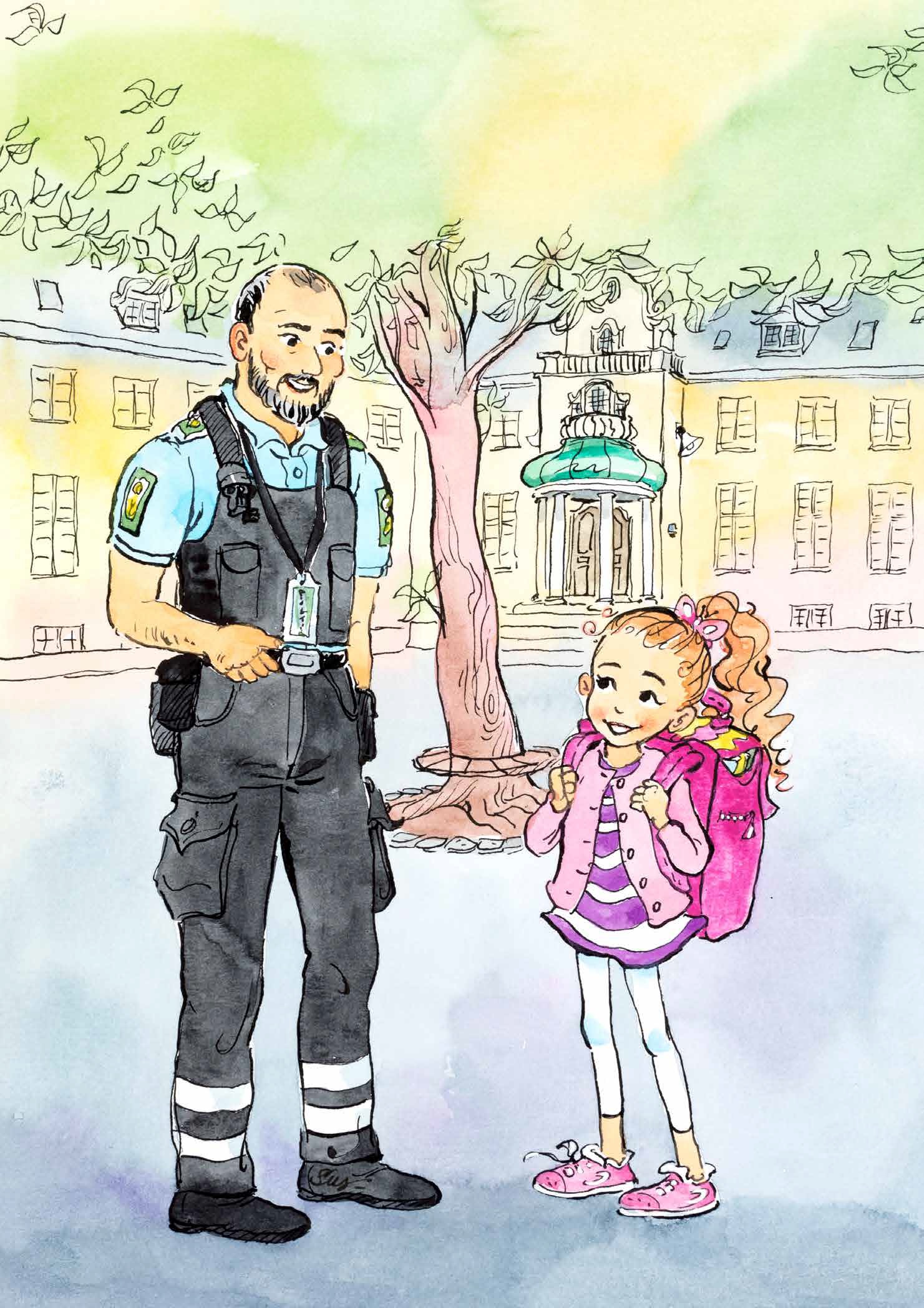
Johan Tynell
CSO
Denmark
The purpose of ”Alma and the Lockdown Drill” is to explain to young students why we have security at their schools in a simple way, and to explain the procedures of a lockdown. Every school is unique, but the principles of a lockdown are universal. Lockdown drills are designed to allow students and teachers to practice how to barricade themselves inside a classroom. By practicing a lockdown, the students and teachers prepare themselves, so that they would be protected if they were to face an external threat.
The book contains work material and questions that help facilitate a discussion about lockdown procedures which are specific to your school. There are guidelines, both to generate discussion with students and to direct the teacher in how to conduct the drills. Before using the book and its materials, it is important that you know the school’s lockdown procedures. If your school does not have procedures yet, we recommend that you discuss the topic with management and develop your own approach.
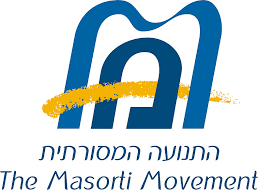
The Masorti Movement
Israel
This year of COVID-19 disrupted the flow of our lives and created crisis situations that children and adults, families, communities, and nations now have to contend with. With the passing of time, and as many people have already been vaccinated or are recovering from COVID-19, we begin to “receive signals” from the virus; we gain insights on how to conduct ourselves in this complex time, how to further understand the implications of the disease for us and our society, and for the first time, to have hope that we will be able to return to our everyday routines. With these unique circumstances in the background, families will be sitting down at their Passover Seder tables in this, the Hebrew year 5781. With the Passover holidays soon upon us, both at the Masorti/Conservative Movement and at NATAL, Israel Trauma and Resiliency Center, it is understood that when a secure and calm
environment is created, family can be a source of personal resiliency. The holiday meal, where we read the Haggadah and hold the family Seder, provides a wonderful opportunity to pause and reflect on the past year. We should ask ourselves what we have learned during this challenging time: what worried us, what caused us pain, what was important to us and gave us the strength to keep moving forward. This “Passover Supplement” is intended to help us turn the Passover Seder into an “Island of Resilience” in the Corona Sea. The suggestions for activities below can be carried out during the Passover holidays or during family preparations for the Seder.
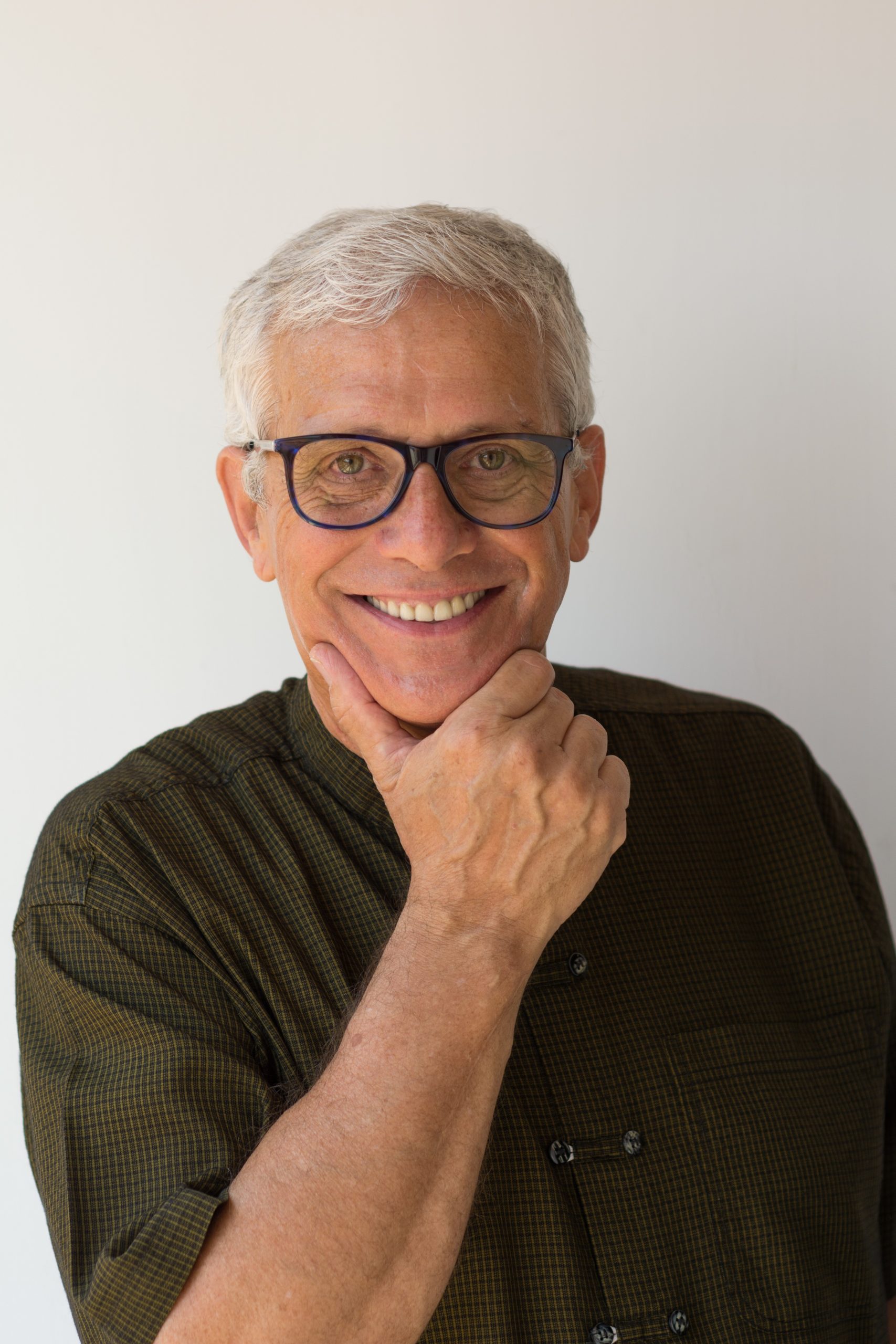
Mooli Lahad & Dorit Elmaliach
Israel
The BASIC Ph model (Lahad, 1992) has been used among various populations. Usually the model has been implemented to help build personal and organizational resilience.
Up to now, the model has been applied mainly in the behavioral sciences, in the psychosocial world. Social workers, psychologists, educators and other caregivers have been trained to teach it and practice it. The world of small and medium enterprises (SME) has generally ignored the psychosocial aspects and has had little if any interest in it. However, it is natural and logical to integrate SME methods and those focusing on self-empowerment and enhancement of the human mind in order to bring a breath of fresh air into the field and to move resilience forward in SMEs.

Prof. Mooli Lahad
Founder and President of CSPC
Israel
In addition to listing hazards and evaluating risk, it is important to map the community’s diverse populations. For example, the community may contain groups of people who require special attention to ensure they receive information in a timely fashion. Does the community have members who speak a language other than the dominant one? If so, what sources do they use to get information? Are there community members who are unable to read? How do they get their information? What are the sources for people who are deaf or blind? Some of this information regarding community populations may be available through local services. Officials in various departments—for example, education, social and health services—may be familiar with various ethnic and language groups in the community.
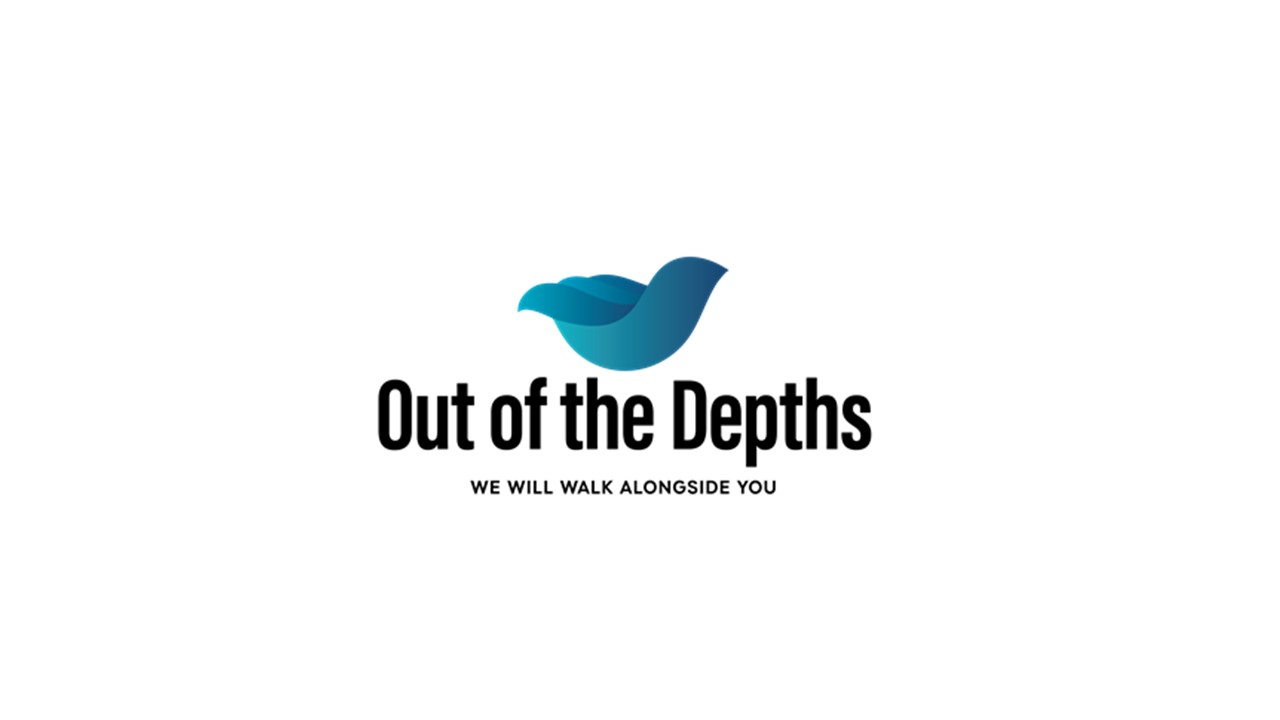
Out of the Depth
Israel
Bereavement is always difficult but in the current circumstances, the loss of a loved one becomes even more painful. Under normal circumstances, religious and social mourning customs and rituals assist in the process of comforting and sharing the loss from the funeral to the shivah (seven day mourning period,) through prayers, visits from family and friends, and the memorial ceremonies.
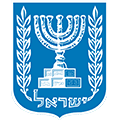
Ministry of Interior
Training and Development of Local Municipalities Division
Israel
5 Principles for Operating a Municipal Model During an Emergency

Dr. Moran Bodas & Prof. Kobi Peleg
Israel
To contain the novel coronavirus disease (COVID-19) pandemic, health and government authorities have imposed sweeping selfquarantine
orders for communities worldwide. Health officials assume that the public will have high rates of compliance. However, studies
suggest that a major obstacle to compliance for household quarantine is concern about loss of income. A cross-sectional study of the adult population of Israel was conducted in the last week of February 2020 to assess public attitudes toward the COVID-19 outbreak. In particular, public compliance rates with self-quarantine were assessed, depending on whether lost wages would be compensated for. When compensation was assumed, the compliance rate was 94 percent. When compensation was removed, the compliance rate dropped to less than 57 percent. This study demonstrated that providing people with assurances about their livelihoods during self-quarantine is an important component of compliance with public health regulations.
